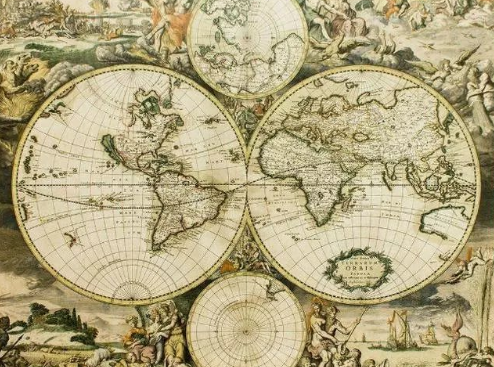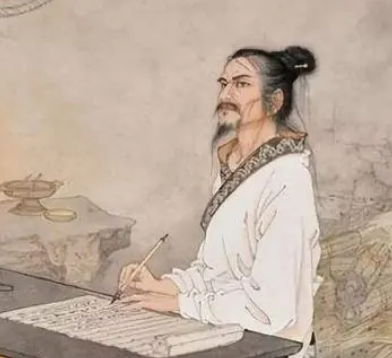In historical education, the selection and arrangement of textbook content have a significant impact on students' historical perspectives. In recent years, the debate about the deletion of content related to the "Kangxi-Qianlong Prosperity" in Chinese history textbooks has attracted public attention. The reasons behind this change deserve further exploration. This article will analyze the factors that may have led to this adjustment in historical narrative.

I. The Historical Status of the Kangxi-Qianlong Prosperity
The Kangxi-Qianlong Prosperity refers to a period during the Qing Dynasty, from the reigns of Emperor Kangxi to Emperor Qianlong. During this period, the Qing Dynasty was strong in national power, had a vast territory, and enjoyed cultural prosperity, which is considered the last peak of China's feudal society. However, history is complex and diverse, and there are also different voices regarding the evaluation of the Kangxi-Qianlong Prosperity.
II. Possible Reasons for the Adjustment of Historical Textbook Content
1. Updating of Historical Views: As historical research deepens, scholars' evaluations of the Kangxi-Qianlong period may have changed. For example, the cultural prosperity during this period may have obscured other social issues such as ethnic conflicts and social inequalities. Therefore, the adjustment of textbook content may be to provide a more comprehensive and objective historical perspective.
2. Changes in Educational Goals: Educational departments may be placing more emphasis on cultivating students' critical thinking skills in curriculum design, rather than simply praising the prosperity of historical periods. Deleting certain content may be to encourage students to think about historical events from multiple perspectives.
3. Changes in Social Values: With the development of society, people's understanding and value judgments of history are also changing. Some aspects of the Kangxi-Qianlong Prosperity may no longer fully align with modern social values, so textbook content needs to be adjusted accordingly to reflect contemporary social values.
III. Impact on Historical Education
The adjustment of textbook content may have an impact on students' historical cognition. On the one hand, it may help students form a more comprehensive and objective understanding of history; on the other hand, it may also lead to students lacking knowledge of certain periods or figures in history. Therefore, how to balance the depth and breadth of historical teaching is a question that educators need to consider.
Conclusion:
The adjustment of historical textbook content is a complex process involving historical research, educational goals, and social values. The deletion of content related to the Kangxi-Qianlong Prosperity may be due to considerations of historical comprehensiveness and educational goals. In future historical education, how to better present the diversity and complexity of history and help students form independent and critical thinking is a topic that educators need to continue to explore.
Disclaimer: The above content is sourced from the internet and the copyright belongs to the original author. If there is any infringement of your original copyright, please inform us and we will delete the relevant content as soon as possible.































